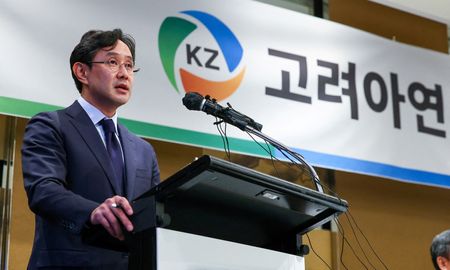By Asif Shahzad
ISLAMABAD (Reuters) – Pakistan will present its annual budget three days later then expected on June 10, two government sources said on Friday, as markets waited for details of the plans seen as crucial to securing a new International Monetary Fund (IMF) loan.
The sources said the timing had been changed as Prime Minister Shehbaz Sharif and Finance Minister Muhammad Auragzeb would be travelling on June 4-8 to China, a key source of investment and support for the South Asian nation’s struggling economy.
One of the sources, a finance ministry official, said the budget for the financial year 2024/25 would be particularly important given the discussions with the IMF. The information ministry did not respond to a request for comment.
An IMF mission held two weeks of technical and policy level talks with Pakistani officials before it left last week to discuss fiscal consolidation measures to lay the groundwork for the new loan.
The talks made significant progress towards reaching a staff-level agreement for an extended fund facility, the IMF said after they concluded.
The IMF had opened discussions on the new loan after Islamabad completed a short-term $3 billion programme which helped stave off a sovereign debt default last summer.
Pakistan is likely to seek at least $6 billion under the new programme and request additional financing from the IMF under the Resilience and Sustainability Trust.
Officials have said the talks focused on the budget targets and structural reforms to contain the fiscal deficit, which including raising tax to GDP, managing energy sector debt, the sale of state-owned enterprises and external financing.
Analysts at Standard Chartered who recently visited the country to meet with policymakers, banks and investors said there was an expectation that the budget would be contractionary and focused on widening the tax base, rationalising spending and addressing structural weaknesses.
“The budget will also be an important test for the new finance minister,” Standard Chartered’s Farooq Pasha said in a note to clients.
“A key concern among local stakeholders was the risk that front-loading tough fiscal measures could face a backlash from the public.”
Later on Friday, the country’s planning ministry in its annual plan review said Pakistan’s economic outlook for the next year was positive with a growth target of 3.6%, while inflation was expected to moderate to 12%.
“The growth prospects hinge upon political stability, exchange rate, macroeconomic stabilization under IMF’s programme and expected fall in global oil and commodity prices,” the ministry said.
“Fiscal deficit is expected to narrow down on the back of fiscal consolidation measures,” it said, adding that domestic average inflation is expected to moderate to 12% owing to falling global inflation.
(Reporting by Asif Shahzad; additional reporting by Karin Strohecker in London; Editing by Jacqueline Wong, Christian Schmollinger and Andrew Heavens)











